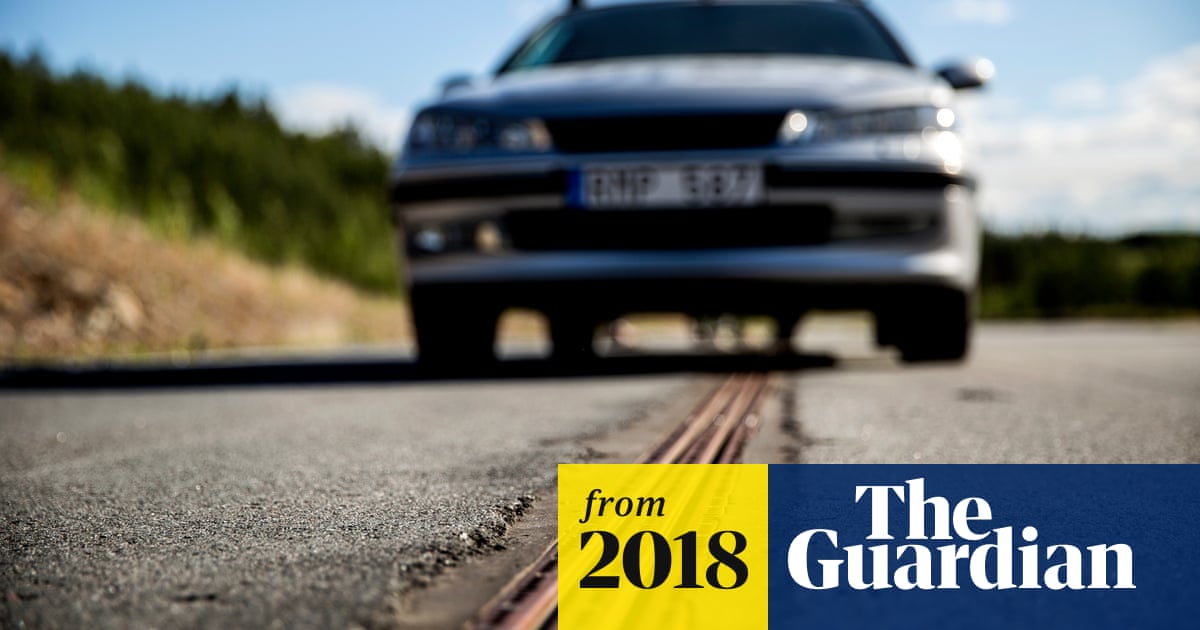Kaneko confirmed that today, a NiMH pack will weigh about 25 percent more (165 pounds, versus 132 pounds) and occupy about 20 percent more volume than a lithium-ion pack with a comparable output and usable capacity. It’s a small enough difference for Toyota to easily sub in either technology—whatever politics, trade tariffs, or simple supply and demand may dictate.
So they are avoiding getting tied to Lithium.
Simultaneously, they want to push H2 Fuel cell tech:
https://www.topgear.com/car-news/electric/yikes-new-toyota-mirai-actually-looks-good
Although there's no real infrastructure to refuel, Hydrogen Fuel Cells are much better for efficiency than batteries, and the gas is easy to regenerate by water electrolysis. But pressurized hydrogen is an explosion hazard.
Toyota really looks to be highly skeptical of Lithium supply problems specifically. They are defensively positioned with Nickel hydride batteries at the low end, and are trying to leapfrog over to fuel cells at their high end. The inherent risks of building EV's is getting more apparent as Faraday Futures and Dyson go belly up together. Tesla is talking about getting into mining their supply, and buying up Battery manufacturers. That squarely puts them in the middle of the Toyota strategy, married to Lithium.
Who will win out in the end?
It's quite an interesting time to be alive, like watching the first Tesla duke it out with Edison.

